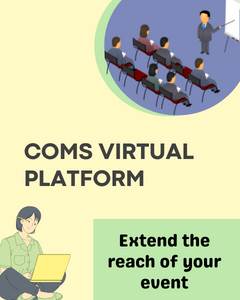Home / Conference Listings / Informatics / Information Theory, Foundations of Computer Science / Germany
Conferences > Informatics > Information Theory, Foundations of Computer Science > Germany
Select a location
1
Dagstuhl-Seminar — Proof Systems in Actual Practice: Reasoning and Computation
15 Mar 2026 - 20 Mar 2026 • Schloss Dagstuhl, Germany
Event listing ID:
1671339
Event website:
Conference-Service.com offers, as part of its business activities, a directory of upcoming scientific and technical meetings. The calendar is published for the convenience of conference participants and we strive to support conference organisers who need to publish their upcoming events. Although great care is being taken to ensure the correctness of all entries, we cannot accept any liability that may arise from the presence, absence or incorrectness of any particular information on this website. Always check with the meeting organiser before making arrangements to participate in an event!
Last updated: 27 July 2025




